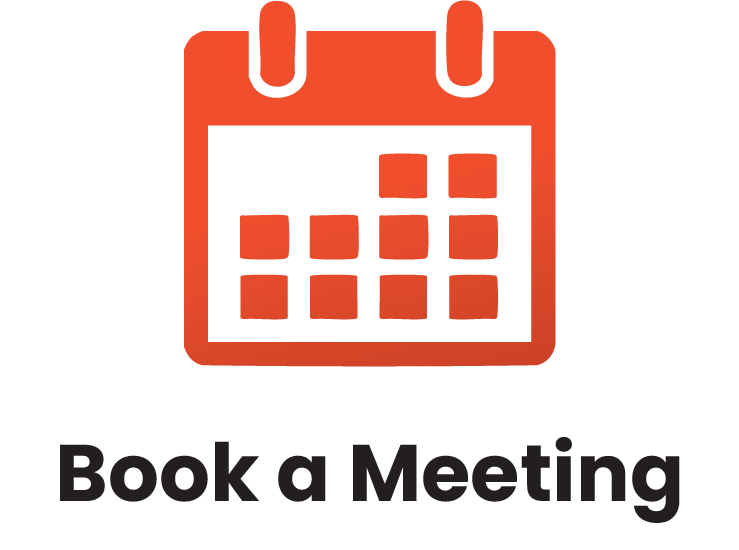Interactive training sessions led by experienced facilitators.
What is In-Person, Instructor-Led Training?
Our in-person training is delivered by a live facilitator who works directly with your team at your location. It’s our most popular format because it allows for real-time interaction, hands-on learning, and direct support.
Every session is tailored to your team’s specific goals, industry, and challenges—no generic, one-size-fits-all programs. Whether it’s a single session or a full training series, we design the experience to be relevant, practical, and fully aligned with your needs.
What is Live Webinar Training?
Live webinars are facilitator-led training sessions delivered online in real time. They’re ideal for teams working in different locations or with busy schedules.
This format offers shorter, more frequent sessions that are easy to coordinate—making it a convenient option for organizations with remote or distributed teams.
What is Virtual Classroom Training?
Virtual Classroom training is live, instructor-led training delivered online. It offers the same interactive experience as in-person sessions, with real-time discussions, group activities, and instructor feedback.
It’s a flexible option for organizations that want to reduce travel, save costs, or better fit training into busy schedules.
What is a Lunch & Learn Session?
Lunch & Learn sessions are short, facilitator-led training sessions delivered in person or online—typically during the lunch hour. They focus on specific topics or skills and offer a quick, engaging way to learn without a full-day commitment.
These sessions can be offered as one-time events or as part of a series, making them a great option for ongoing, bite-sized learning.
Online Learning
Enjoy our self-paced option and learn from anywhere!
$199.00 USD
Project Management Fundamentals
Project management isn’t just for construction engineers and military logistics experts anymore. Today, in addition to the regular duties of your job, you are often expected to take on extra assignments, and to get that additional job done well, done under budget, and done on time.
This one-day workshop is not intended to take you from a supervisory or administrative position to that of a project manager. However, these topics will familiarize you with the most common terms and practices in terms of working on projects.
LEARNING OBJECTIVES
Learning Objectives
This one-day workshop will teach participants how to:
- Describe what is meant by a project
- Explain what project management means
- Identify benefits of projects
- Identify the phases of a project’s life cycle
- Sell ideas and make presentations related to pitching a project
- Prioritize projects
- Begin conceptualizing your project, including goals and vision statements
- Use project planning tools
- Contribute to creating a Statement of Work


COURSE OUTLINE
Defining Projects and Project Management
To begin the day, we will look at what a project is and what project management means. We will also look at some of the key players in a project team.
The Role of a Project Manager
This session will examine some of the key skills that a project manager needs. We will also look at developing a proposal for your project.
How Can Projects Help Me?
Often, people see projects as just more work to do. However, if managed properly, projects can provide tremendous growth and satisfaction for all those involved. We will look at some of the benefits and challenges of projects in a lecture and a case study.
A Project’s Life Cycle
This session will explore the four major phases of a project. Participants will complete a mix-and-match exercise to reinforce the concept.
Selling a Project
If you can identify a project that will bring benefits to your company, that’s great. However, getting support for that project can be a whole other story. This session will look at some ways to prioritize and sell projects.
Creating a Vision
Before you start planning a project, you must know what you want the project to achieve. The best way to do this is to create a vision statement. We will discuss what a vision statement is and how to create one. Then, participants will work in small groups to create a vision for a sample project.
Project Goals
This session will discuss the six key parts to a project goal. Then, participants will write some goals for a project they are working on.
Using a Target Chart
A target chart can help you identify the biggest priorities in your project and help you see how to achieve your goals. This session will explore how to create and use a target chart.
Preparing Your Project
Once you have decided which project to promote to others and identified your vision and goals, there are some considerations you want to be prepared for. Participants will discuss six key considerations in small groups.
Laying out the Project
Now that we have a good idea of what our project will entail, we can create the charter and statement of work. We will also look at using a project planning worksheet.


















